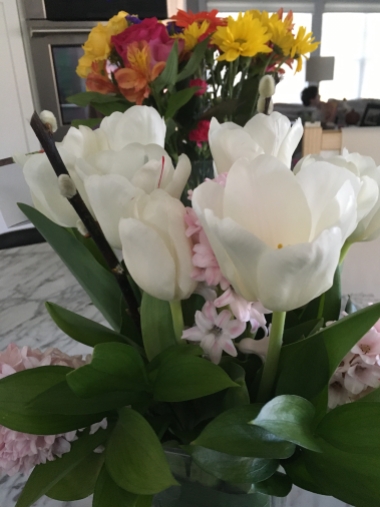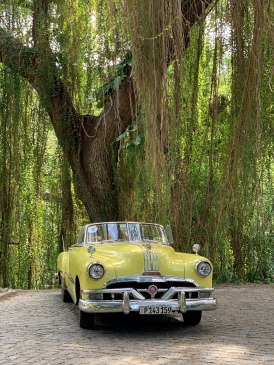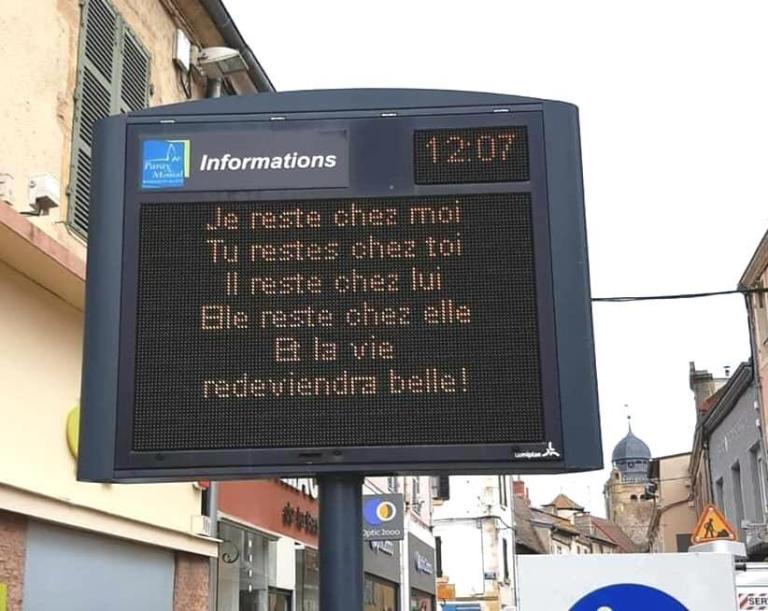Where to start? My mom is in hospice care, which is a daunting word but may not mean it’s the end. What were the words the doctors used to describe her during her first hospital stay? Oh, yes, “resilient” and “feisty.” No, I definitely wouldn’t count her out.
That said, she started with COVID symptoms a month ago today. An entire month spent sick and in and out of the hospital. I’ve got a few thoughts about this, but they aren’t what you’d think. The emotional side of our situation seems to have shut down for the time being. What’s on my mind right now?:
1. If she passes from this, would she be considered a COVID statistic? I’m guessing not. And I am guessing she is not alone in this protracted COVID-related battle. So basically the mortality rate is already wrong.
2. Hospice care. Angels on Earth. I wish I had these resources and compassion at my fingertips when my mom was diagnosed with Alzheimer’s. Honestly, I battled the hard stuff alone years ago, not knowing where to start or how to handle it and navigating this totally unfamiliar and uncomfortable (and unwelcome) landscape. No case manager or social worker to listen or guide. Hospice would have obviously been dramatic for back then, but I could have used a crutch. Something. Now I realize what it feels like to have professionals who see this stuff all the time reach out to me and ask if I have questions and how I am doing. I can say with 100% certainty that I could have used that seven years ago. Just putting that out there for what it’s worth. Which actually leads me to a third point that I wasn’t planning to make.
3. Assisted living. What the bloody hell Massachusetts? Get your shit together and help these people out. They have been put in a position of having to function like hospitals because of the state’s lack of preparation. I get it, it’s a crisis, but damnit we saw it coming. It’s one fire drill after another at care homes across the state and the country. Manning the helm are some of the finest people you’d ever want to meet. And I mean the real kind of “very fine people.” They did not sign up to be on the frontlines of anything remotely like this, and surely they are not paid nearly enough for what they do, but they show up day after day with compassion and courage in spades. Meanwhile, front line assistance, offers of free life insurance, etc., focus only on hospitals and medical staff. Massachusetts doesn’t even count assisted living with its nursing home numbers, meaning that state data are undercounting this public health crisis’ impact on seniors. Does this also mean that assisted living residences are excluded from the state’s COVID assistance measures? I cannot fathom how these places continue to function, financially or emotionally, right now. The people who work in these homes deserve recognition, thank you’s, and more. WAY MORE.
Civil War icon Joshua Chamberlain said, “In great deeds, something abides. On great fields, something stays. Forms change and pass; bodies disappear; but spirits linger, to consecrate ground for the vision-place of souls… generations that know us not and that we know not of, heart-drawn to see where and by whom great things were suffered and done for them, shall come to this deathless field, to ponder and dream; and lo! the shadow of a mighty presence shall wrap them in its bosom, and the power of the vision pass into their souls.”
We are being tested. Eventually history will look back on this period, reflect and probably judge, hindsight always bringing clarity of vision that the present doesn’t offer. I think about Chamberlain’s quote, about the courage and valor of battle, the honor of walking a field like Gettysburg or the beaches of Normandy today and thinking about those who have passed before us, who fought so courageously and with a united front for something bigger than themselves.
The enemy is invisible in our current battle, and the battle rages in our hospitals, our care homes, and our public spaces. But the concept endures. The honor in battle (and life) comes from sacrificing for something bigger than yourself, and from protecting the vulnerable. I was taught to respect my elders. They are not expendable collateral damage. We have already failed many of them by not acting fast enough. We can’t give up now. Looking back on this moment in time, we want history to extoll our courage and our compassion, our sacrifice and unity. We do not want to be haunted by spirits admonishing our soul-less self-interest and determined individualism at all costs. Is going “back to normal” really what we want? Normal failed our most vulnerable. We need to do better.


































